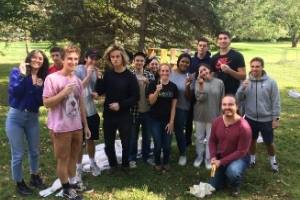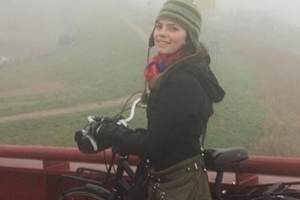 The Careers in Sustainability panel, hosted by the Gordon Career Center, the College of the Environment, and the Sustainability Office on October 4, 2019, included Nora Vogel ’11, director of communications for Coalition for Green Capital. The College of the Environment graduated its first cohort of environmental studies majors in 2010. Below, an interview with Vogel ’11, one of the first students to ever major in environmental studies at Wesleyan.
The Careers in Sustainability panel, hosted by the Gordon Career Center, the College of the Environment, and the Sustainability Office on October 4, 2019, included Nora Vogel ’11, director of communications for Coalition for Green Capital. The College of the Environment graduated its first cohort of environmental studies majors in 2010. Below, an interview with Vogel ’11, one of the first students to ever major in environmental studies at Wesleyan.
Did you come to Wesleyan knowing you wanted to study Environmental Studies? What led you to the COE?
Nora Vogel (NV): I knew I was interested in science and the environment, and I was thinking about doing biology. I actually worked in Professor Sonia Sultan’s lab, which was an amazing experience. At the same time, it felt hard to stick to research science as a career path, when I felt that many decision-makers in the world aren’t listening to the perfectly good science that we already have. That’s what got me interested in communications and in the Science in Society Program (SISP). I wondered what makes people make decisions about things, and what makes them trust one source and not another one. I took a Media in Society class that dovetailed really well with that, along with some sociology classes. I took a philosophy class with Professor Joseph Rouse about objectivity that I loved; we went deep down the rabbit hole of whether objective truth really exists. I still think about it all the time. The great thing about SISP was that it gave me a way to fit those things together, and it ended up being directly relevant to the career path I ended up on.
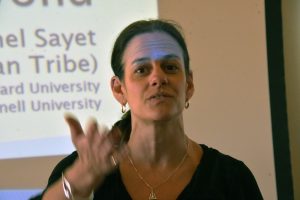
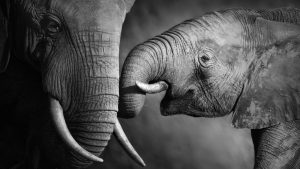 Meaning and language are commonly thought to be the exclusive province of humans. But is this thinking simply our own anthropocentric conceit? On November 2, 2019, Menakka and Essel Bailey ‘66 Distinguished Visiting Scholar in the College of the Environment Charles Siebert led a discussion about the nature of meaning in the world, the myriad of forms in which it manifests, and the many ways in which they inform our place in the world. The discussion, What on Earth Are They Saying: Listening and Learning Beyond the Human, was the 17th Annual Where on Earth Are We Going? seminar sponsored by the Robert F. Schumann Institute of the College of the Environment.
Meaning and language are commonly thought to be the exclusive province of humans. But is this thinking simply our own anthropocentric conceit? On November 2, 2019, Menakka and Essel Bailey ‘66 Distinguished Visiting Scholar in the College of the Environment Charles Siebert led a discussion about the nature of meaning in the world, the myriad of forms in which it manifests, and the many ways in which they inform our place in the world. The discussion, What on Earth Are They Saying: Listening and Learning Beyond the Human, was the 17th Annual Where on Earth Are We Going? seminar sponsored by the Robert F. Schumann Institute of the College of the Environment.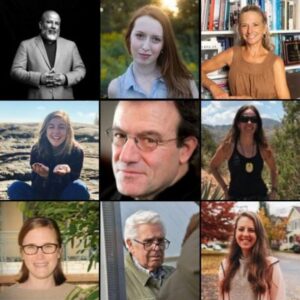
 Last weekend various Wesleyan sustainability groups joined local community gardeners, farmers, and activists for a conference on all things urban farming and food justice. The event was cosponsored by the Green Fund, the Middletown Economic Development Commission, the College of the Environment, the Wesleyan Resource Center, the Science in Society Program, and the African American Studies Department. With this wide array of support, student coordinators were able to collaborate with local stakeholders to put together a conference that was able to bridge the gap between Wesleyan and the surrounding community, as well as to provide the space for connections between Wes sustainability groups.
Last weekend various Wesleyan sustainability groups joined local community gardeners, farmers, and activists for a conference on all things urban farming and food justice. The event was cosponsored by the Green Fund, the Middletown Economic Development Commission, the College of the Environment, the Wesleyan Resource Center, the Science in Society Program, and the African American Studies Department. With this wide array of support, student coordinators were able to collaborate with local stakeholders to put together a conference that was able to bridge the gap between Wesleyan and the surrounding community, as well as to provide the space for connections between Wes sustainability groups.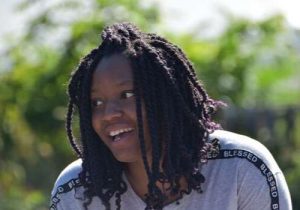 On Saturday, October 5, hundreds of Wes and Middletown community members spent their day soaking up the sun at
On Saturday, October 5, hundreds of Wes and Middletown community members spent their day soaking up the sun at 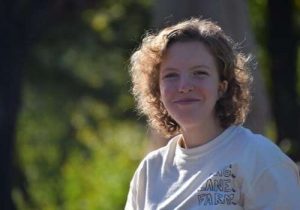
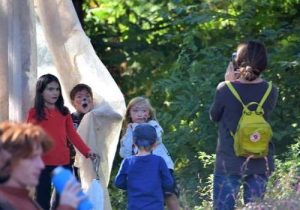
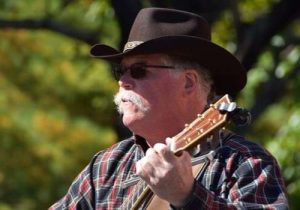
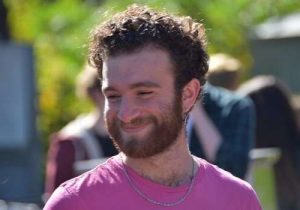
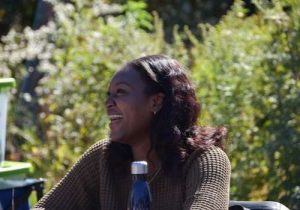
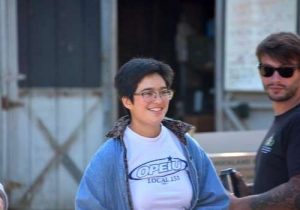
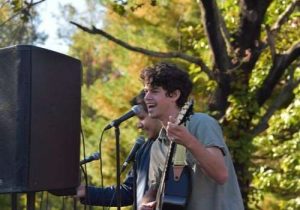
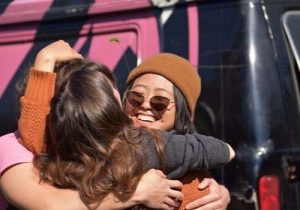
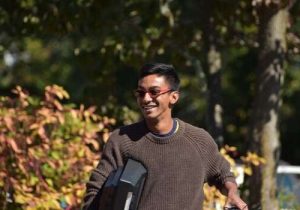
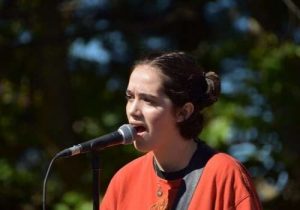
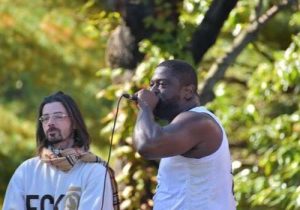
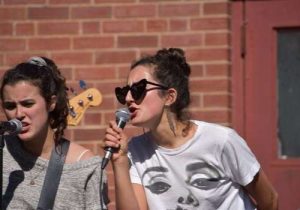
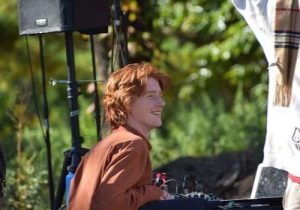
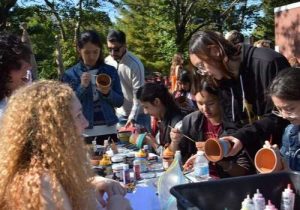
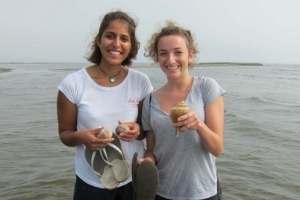 A conversation with Professor Michael Singer, Professor of Biology and Environmental Studies, about his Fall 2019 course BIOL 220/ENVS220: Conservation Biology. The course is a broad introduction to the interdisciplinary, science-based field of conservation biology. While the course includes aspects of economics, politics, ethics, and other fields, it focuses on the biological part of conservation. Much of this biology is ecology, which is Singer’s specialty. At left: BIOL220/ENVS220 students and visitor Dr. Paul Spitzer on a field trip earlier this semester.
A conversation with Professor Michael Singer, Professor of Biology and Environmental Studies, about his Fall 2019 course BIOL 220/ENVS220: Conservation Biology. The course is a broad introduction to the interdisciplinary, science-based field of conservation biology. While the course includes aspects of economics, politics, ethics, and other fields, it focuses on the biological part of conservation. Much of this biology is ecology, which is Singer’s specialty. At left: BIOL220/ENVS220 students and visitor Dr. Paul Spitzer on a field trip earlier this semester.